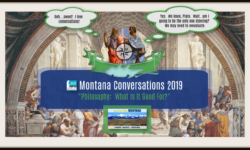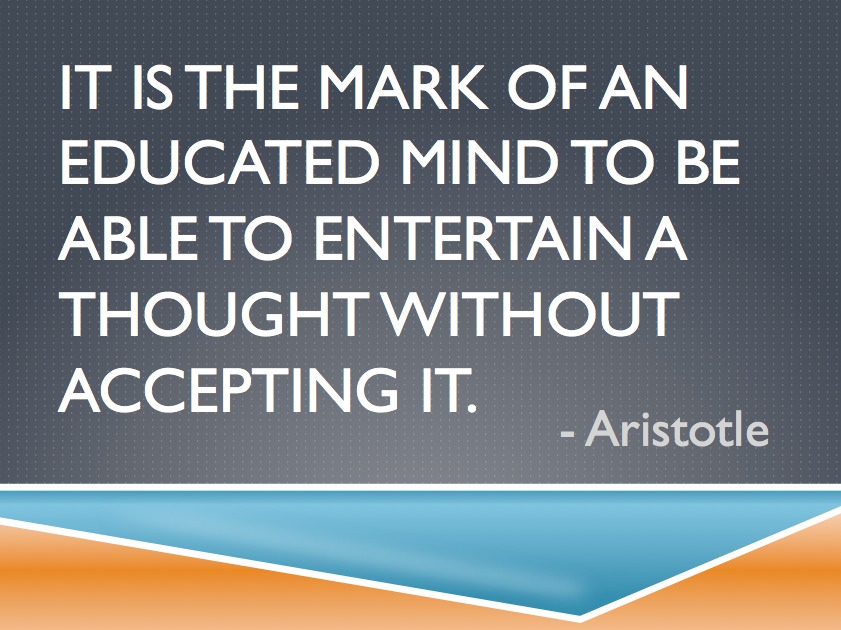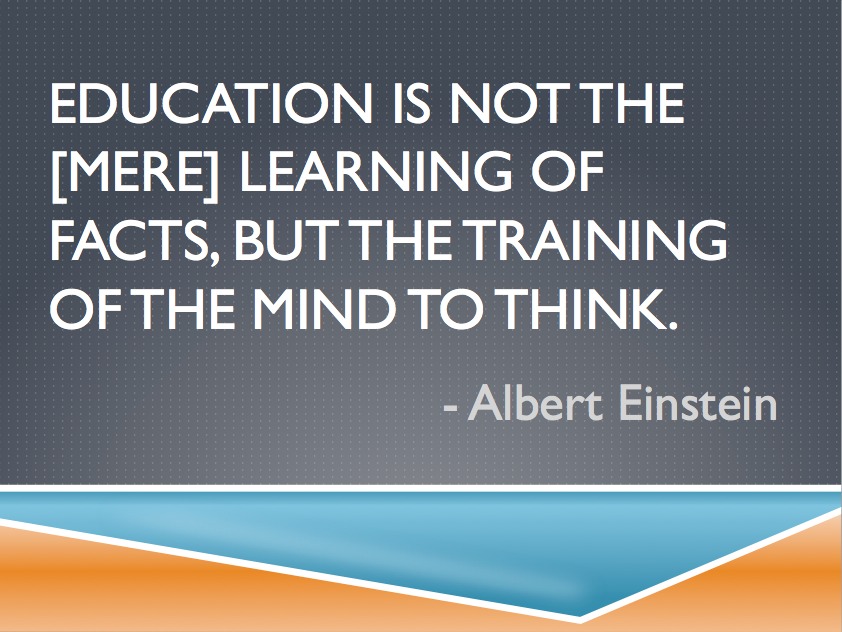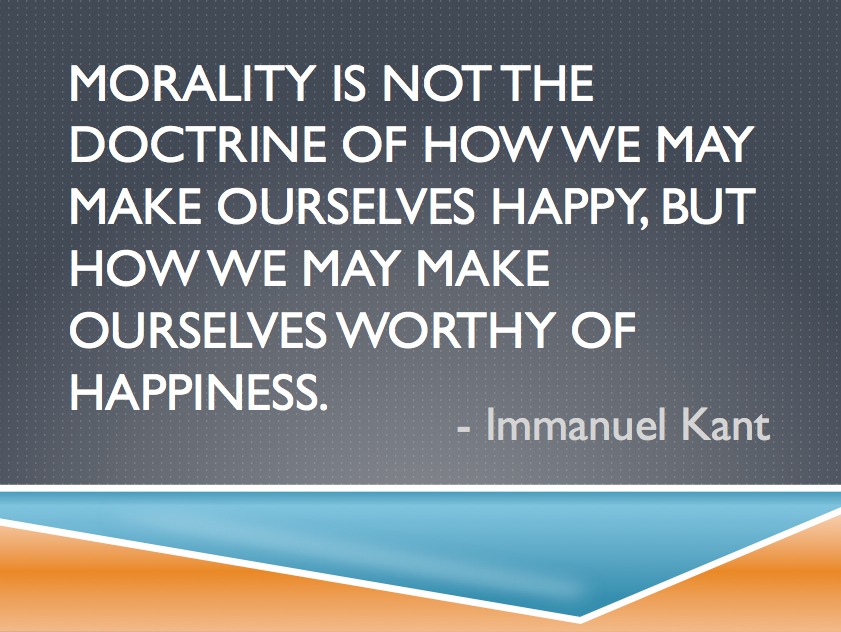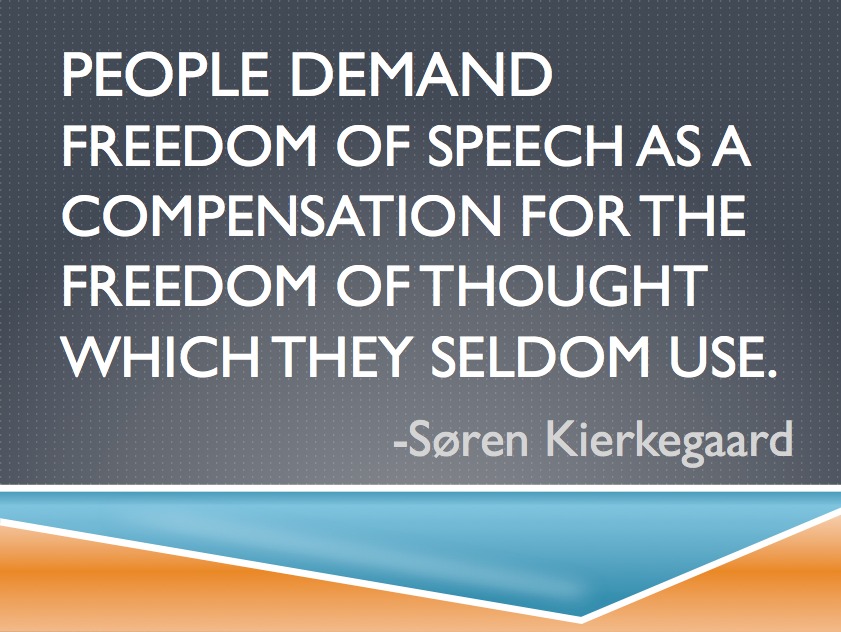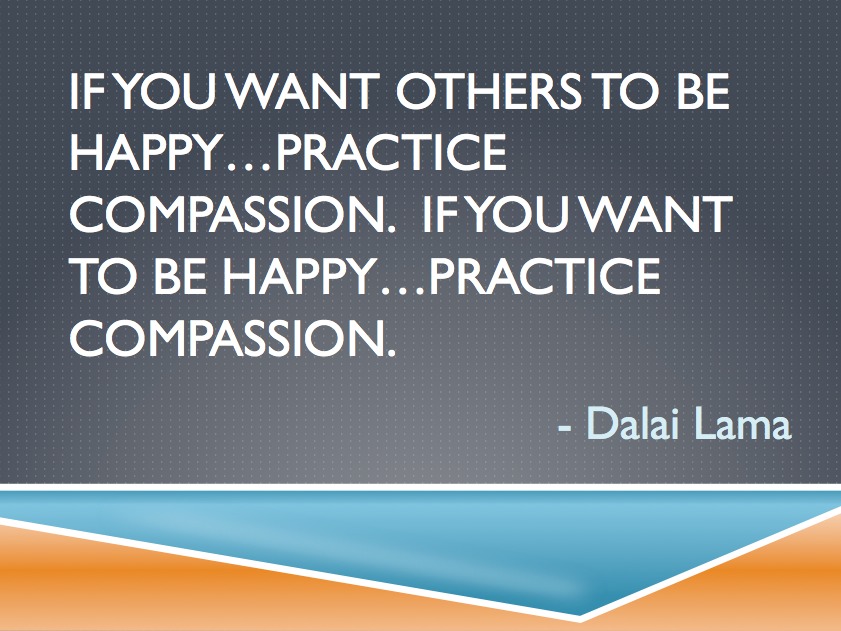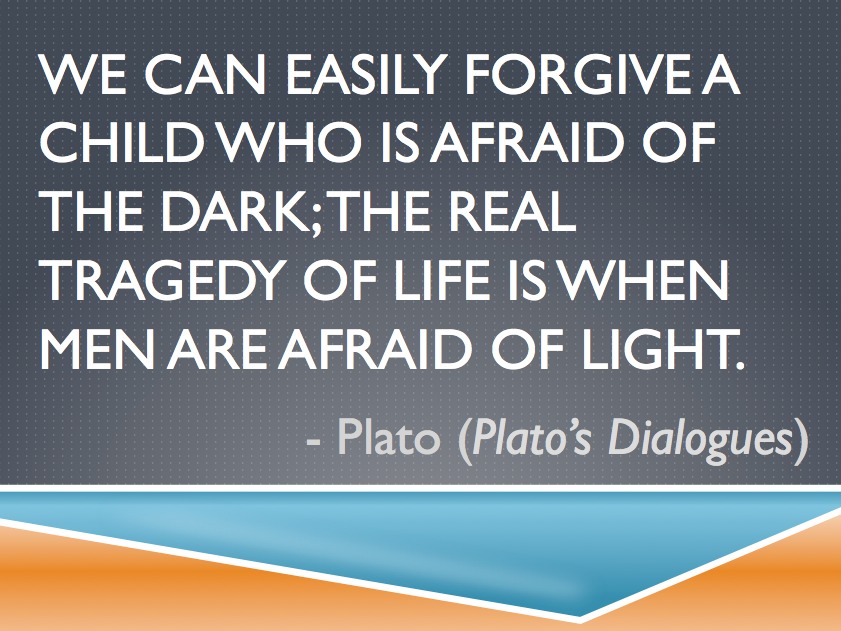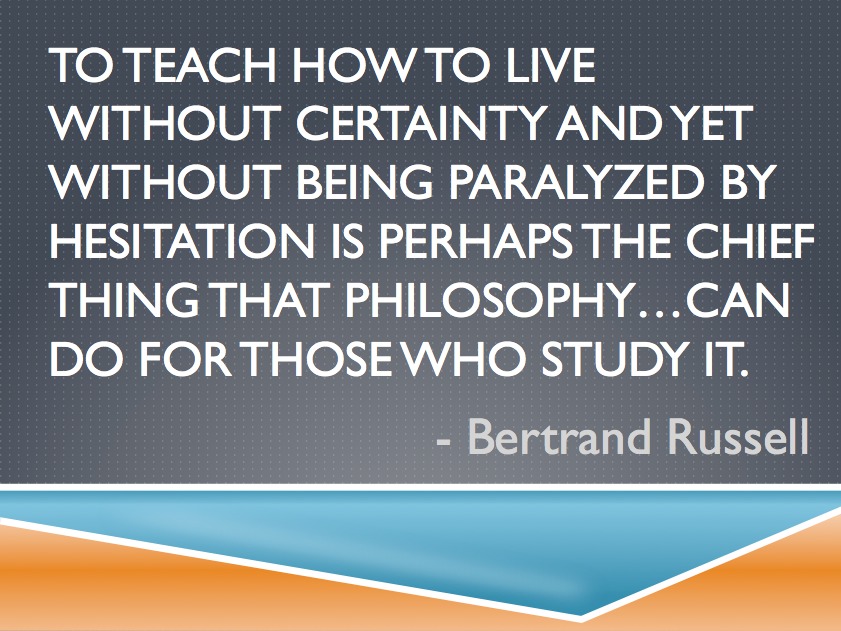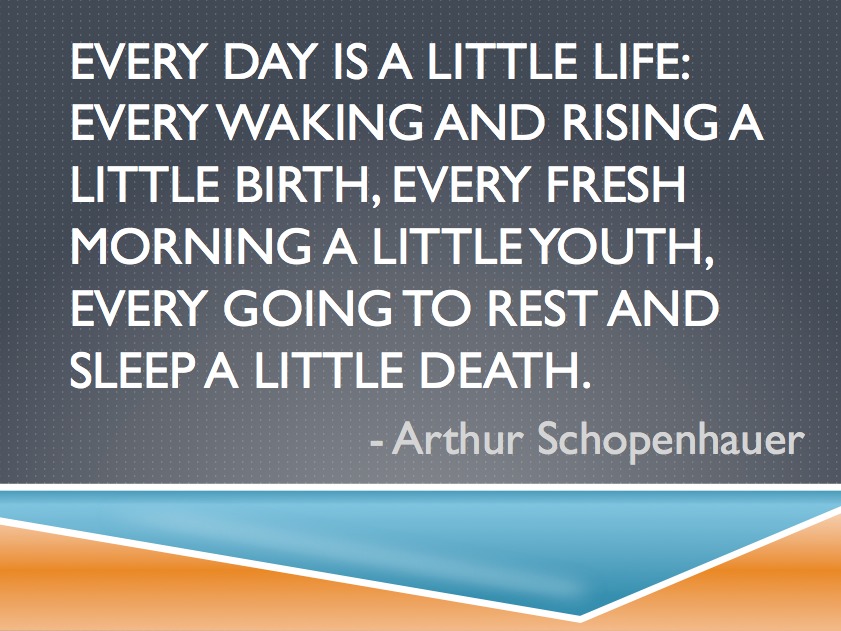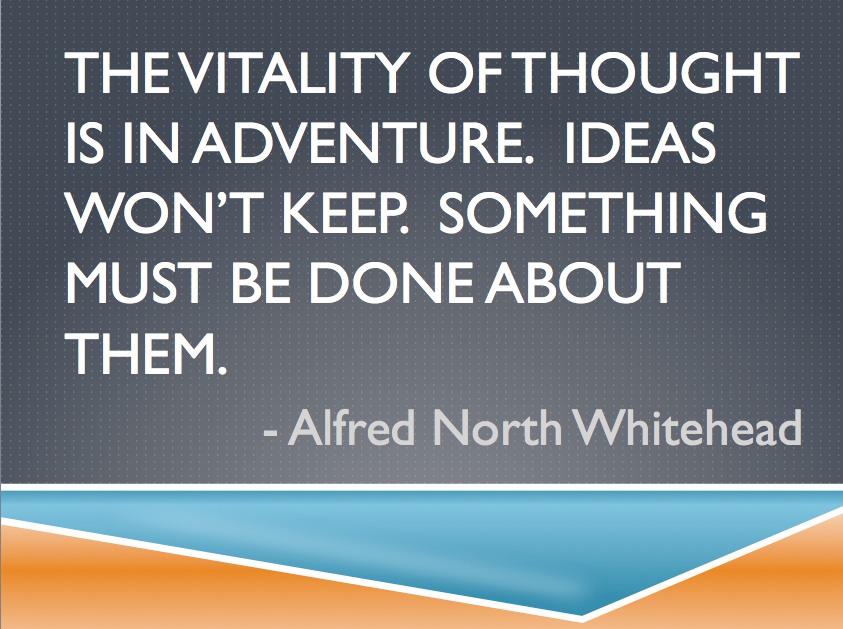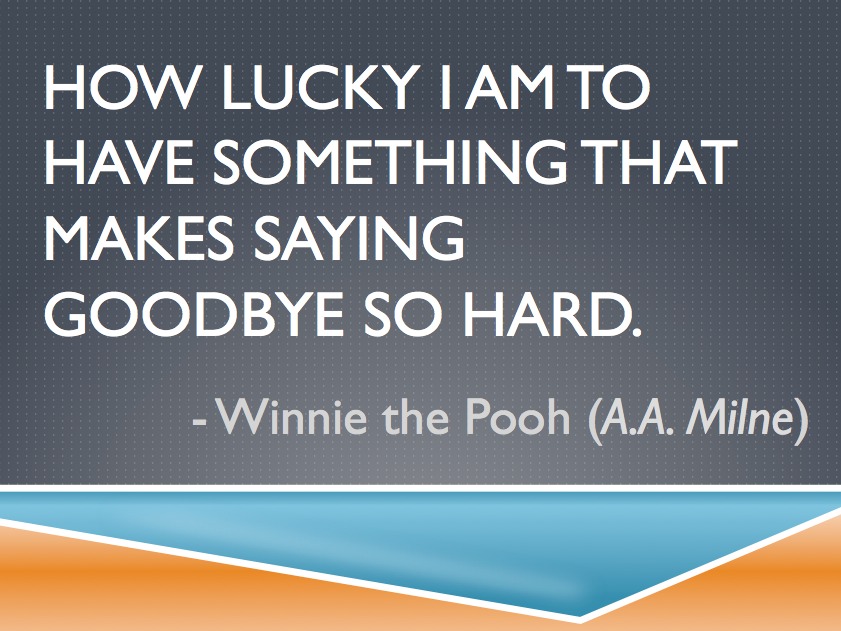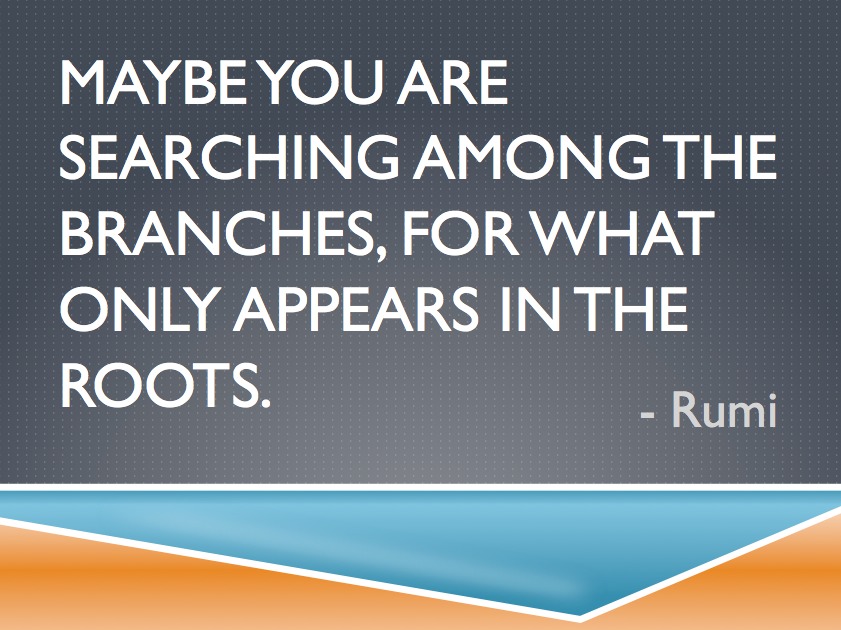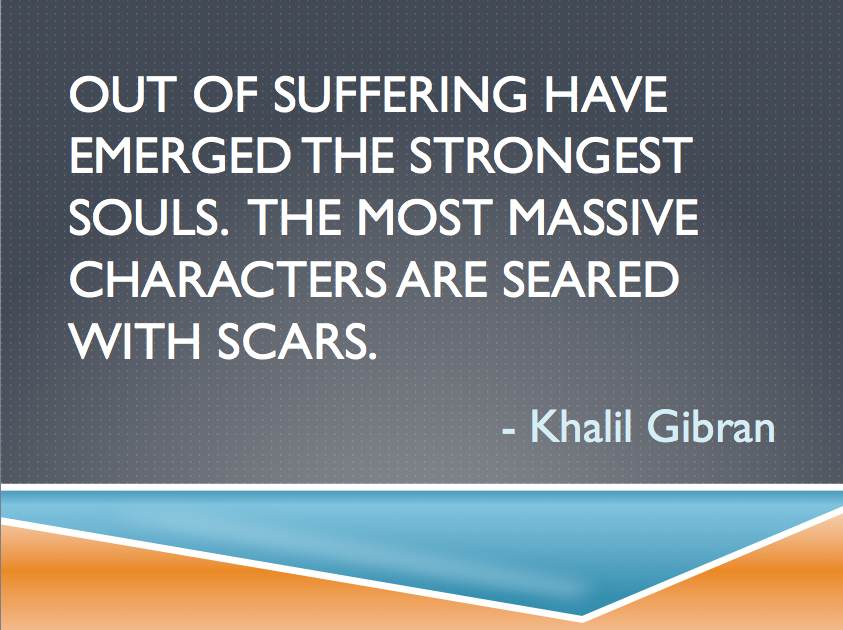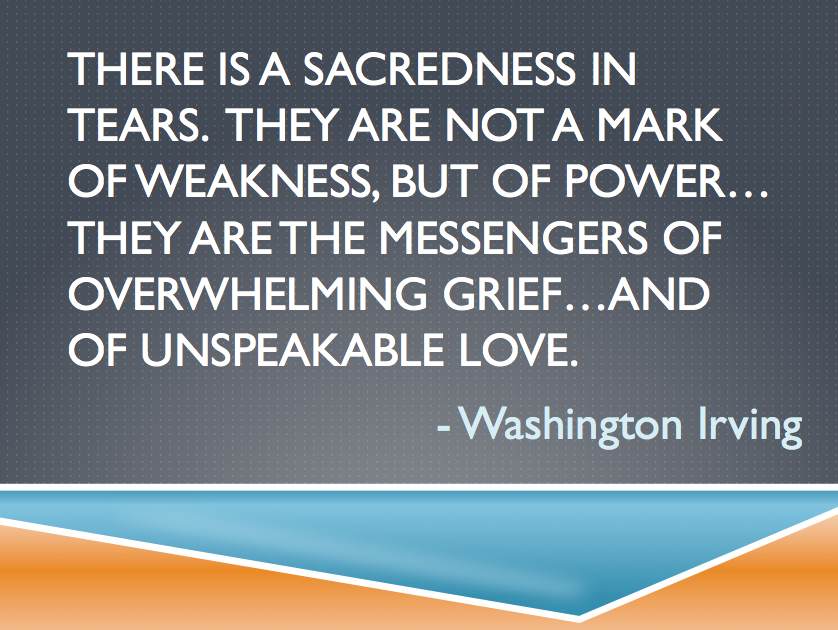Tag: philosophy
Montana Conversations Philosophy Program at Bridges HCC: Navigating the Aging Process

We are delighted to be presenting a hand-tailored version of our Montana Conversations program “Philosophy: What Is It Good For?” at Bridges Buffet! Interactive and dynamic, this program is geared for community members of all ages interested in learning more about how philosophy can help enrich our lives…and why it is good for “absolutely everything!” As part of this presentation, we will be looking at why philosophy is such a great companion and how it can help us navigate the aging process in ways that inspire enlightenment, relief, humor, growth, grace, empowerment, and deep satisfaction.
November 2018 Philosophy Walk: The Environment, Ethics & Stewardship (Part 2)
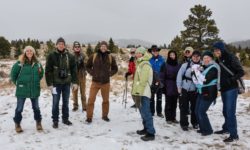
Part 2 of our 3-Part Fall Philosophy Walk Series on the environment, ethics & stewardship took place on Saturday, November 10th on Merlin Nature Preserve & Little Falcon Farm. The weather was cooperative, overcast with spells of sun (save a fast-moving temperature drop near the close of our gathering)! Sponsored in part by grants from The Philosophy Learning & Teaching Organization & Humanities Montana, our group shared dialogue about philosophical and other perspectives related to landowner-steward & wildlife-habitat relationships, and featured special guest speakers Christopher Preston, PhD and Jim Williams, MA.
Merlin Philosophy Program Selected by Humanities Montana for 2019 “Montana Conversations”
2018-2019 Philosophy Symposium – “The Environment, Ethics & Stewardship” (Part 1)
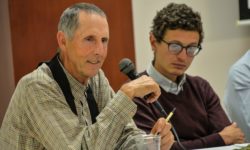
Our 2018-2019 Philosophy Symposium Series “The Environment, Ethics & Stewardship” looked at numerous philosophical issues & perspectives related to ethics, the environment, and conservation stewardship, ranging from public vs. private land (including individual rights, collective rights, indigenous rights, other); landowner/steward-wildlife and habitat relationships, and; current & future environmental/conservation challenges. At this symposium, six panelists from a variety of disciplines and backgrounds focused on the first of these three areas of discussion and spoke for 7-10 minutes each. Then the forum was opened up to free-flowing audience-panelist Q & A. Access audio-video, photos & more here!
Philosophy Workshop: Ethical Living Through Self-Knowledge
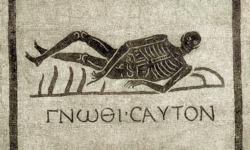
Philosophers of the ancient world consistently describe understanding ourselves and our place in the wider world as one of the first steps toward living well. In this 3-hour workshop led by scholar and special guest, David Nowakowski, PhD, we’ll look at some of insights provided by Ancient Greek thinkers concerning questions of self, free-will, responsibility, happiness, and more. Select readings and activities inspired by the Epicurean, Stoic, and Platonist traditions will be examined and applied with the aim of introducing participants to a variety of philosophical perspectives on “knowing thyself” and practical tools for living well.
Four American Perspectives on Islam: A Conversation

Sponsored by the Carroll College Philosophy Department and Merlin CCC, this evening program will be an informal conversation about different understandings of the Islamic faith and Middle-East Islamic culture. Guest participants will be provided with set questions/topics, not as a debate, but rather as an illuminating conversation. Barry Ferst (Professor of Philosophy, Carroll College) will be serving as the moderator and will aide in directing discussion.
Frankenstein: Evil, Morality & Phronesis

Mary Shelley’s novel Frankenstein is a ubiquitous feature of popular culture, continuously adapted and revisited. Dr. Raymond Boisvert, Professor of Philosophy Emeritus, argues that Frankenstein endures because of its sophisticated treatment of morality. Victor, a brilliant thinker who sees science as a means of transcending natural limits, creates life (Frankenstein’s “monster”) only to demean and abandon his creation. But Boisvert argues that Victor is a complex figure — neither inherently evil, nor the product of a corrupt or evil society. Instead Victor’s failings can better be understood by examining two different ethical models: Evil as Absence & Evil as Banal.


